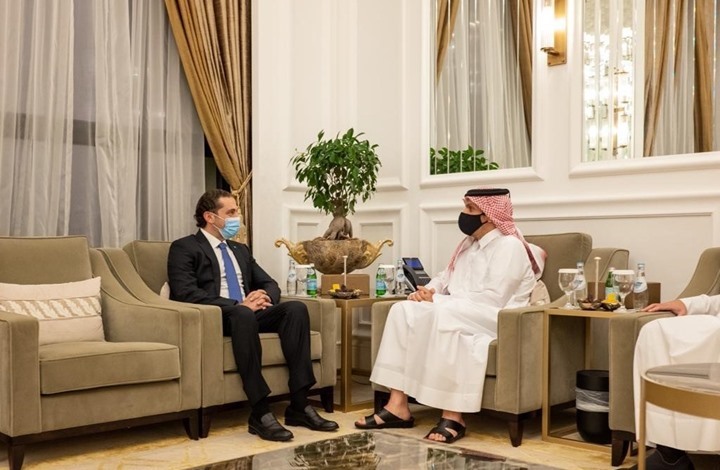In an interview with the website of the Strategic Council on Foreign Relations, Hossein Ajorlou commented on the relations between Qatar and Lebanon and said: Qatar-Lebanon relationship is a relatively new one, and was established since 1970s, when Qatar gained independence from Britain. In fact, formation of the relations was as such that part of the Lebanese people traveled to Qatar for business, and the Qatari rulers were trying to participate in some Lebanese projects.
He continued: Of course, Qatar’s role was strengthened before the 33-day war in Lebanon. Before the war and after the assassination of Rafiq Hariri in 2005, we saw that Qatar entered into the scene of Lebanon as a player, and given the challenges that had taken shape in Lebanon at that time, Qatar played an important role in that country.
According to the expert, presidency of Michel Suleiman was based on an agreement reached in Doha, and Qatar specifically entered into the Lebanese political arena.
Noting that Qatar’s role in Lebanon was consolidated at the time, Ajorlou continued: This trend continued until the developments of the Arab Spring in 2010 and 2011, after which Qatar used Al-Jazeera Media Network in an effort to play a more serious role in the development of the Arab Spring and at that juncture Doha had become one of the most important pillars of the Arab countries.
He said: The result of that role playing of Qatar and the influence of Al-Jazeera network in the developments of Egypt and Lebanon was clearly visible.
The expert on the Middle East affairs believes that however Qatar was not able to achieve the position it sought in Lebanon. Noting that Qatar was facing serious rivals in Lebanon, Ajorlou said: Iran and Syria had special ties with March 8 group, and on March 14 event, led by Saad Hariri and the Christians of the Lebanese Forces Party were close to Saudi Arabia. Therefore, those conditions made the situation more difficult for Qatar.
He continued: After the developments in Syria and abdication of the ruling Emir Hamad in Qatar, we saw that due to the heavy attacks on Doha by Saudi Arabia and other Arab countries, as well as the US pressure, the country somehow retreated its position towards Arab countries and pursued its relations in the form of cooperation with Turkey on developments in the Arab world.
Explaining the current situation of Qatar in the region, the expert referred to the de-escalation of tensions between Saudi Arabia and Qatar, adding: Doha now seems to have regained the opportunity to strengthen its role in Lebanon, but given the experience of this country and its capacities it has taken the path with a kind of conservatism.
Saying that recently Saad Hariri has been commissioned to form a government, Ajorlou stressed: But Hariri did not succeed in gaining the necessary consensus in Lebanon to form a government; therefore he traveled to different countries in the region, including the UAE and Qatar, and is scheduled to visit Iraq as well.
According to the expert, although those countries do not have a specific place in the developments of Lebanon, due to their capacities, both in the field of media and in the field of financial aid, and Iraq in the field of Shiite authority, they can play a role in the developments of Lebanon to some extent.
He added: Therefore, Hariri’s recent trips to the UAE and Qatar were first for gaining political support and then to convince the public at home that he, as prime minister-elect, is seeking international aid for his country.
Ajorlou explained: Following the explosion in the port of Beirut, the Lebanese economy was severely damaged, and for this reason Hariri seriously intends to attract the economic support of some Arab countries in the region.
According to the expert, the Lebanese Prime Minister-elect intend to gain political prestige for himself and more support of the people with those economic aid.
The expert on the Middle East affairs believes that since Qatar also has good relations with the Islamic Republic of Iran, perhaps Doha could be able to soften the internal political atmosphere between the opposition groups to some extent.
Asked whether Hariri’s visit to Qatar and the UAE indicates a weakening of the role of Saudi Crown Prince Mohammed bin Salman in the developments in Lebanon, Ajorlou said: In most regional cases, bin Salman has faced challenges and problems, including the Lebanese case, because since the kidnapping of Saad Hariri in Saudi Arabia and his house arrest, the role of Saudi Arabia, especially bin Salman, has been greatly weakened in Beirut.
He stressed that of course that there is still a serious relationship between the March 14 alliance and Riyadh.










0 Comments